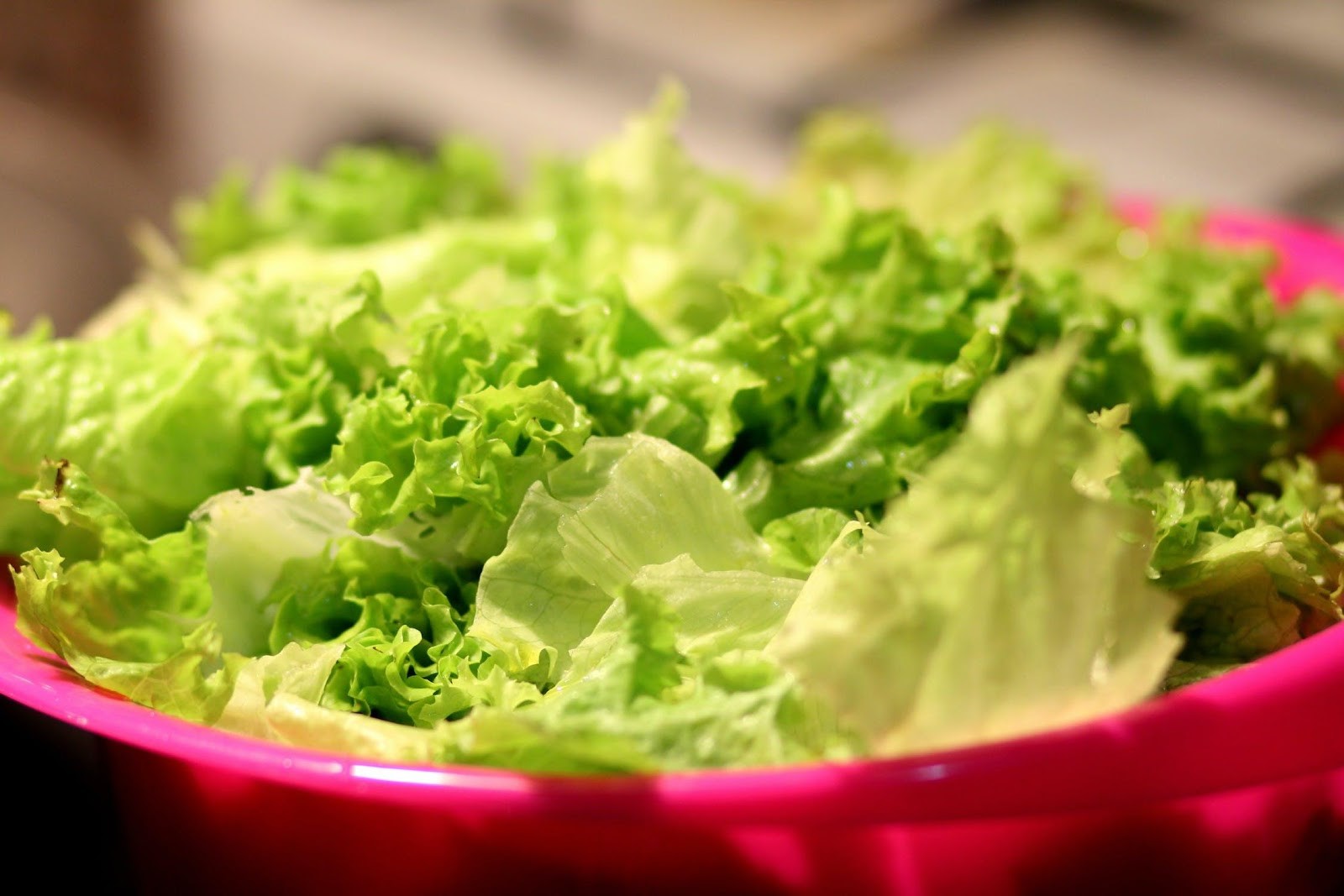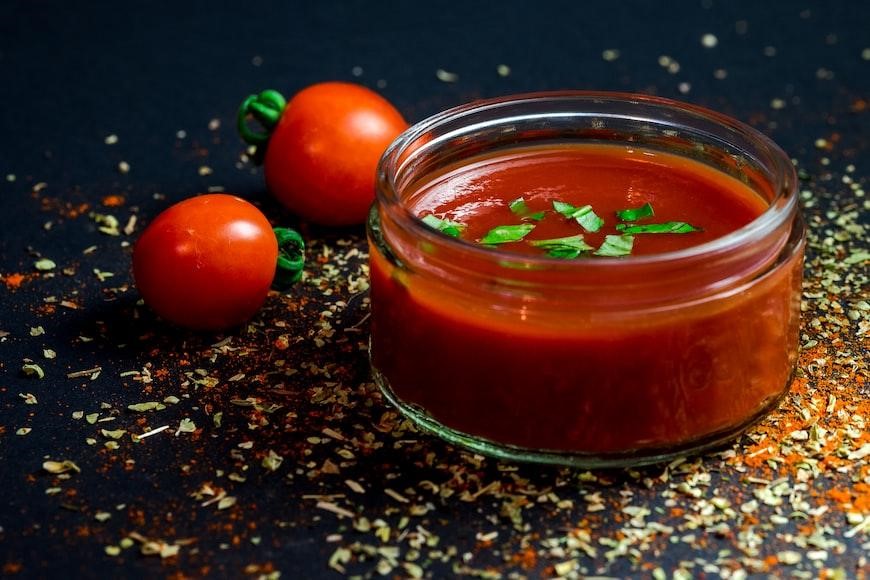
Do you always think of lemonade when you think of lemons? Okay, maybe not always. Apart from lemonade, most people use lemons to add flavor to our cuisines and if you have got green thumbs, you probably have a lemon tree in your backyard. Your kitty might just get a bit more curious about your lemons but have you ever wondered if cats can eat lemon?
Cats are carnivores that do not need to eat plant-based foods like fruits. However, while some fruits are safe for cats, some are not. Keep reading this article to find out if cats can eat lemon or not.
Can Cats Eat Lemon?
The simple answer is No. Cats should not eat lemon because it is toxic to them. Not just lemon but all citrus, in general, are toxic to cats because of essential oils like limonene, linalool, and psoralens present in citrus fruits. Both the peels and flesh of lemon are toxic to cats and should be kept away from them. If you suspect that your cat has eaten a lemon, take them to the vet for a check-up.

Will Lemon Harm My Cat?
Our cats are not like us and even though we like to treat them as a part of the family, we still need to be cautious about what they eat to keep them in good health. For example, you may like a fresh cup of lemonade in the morning but that doesn't mean your cat can have lemons, too. Lemons are toxic to cats because of the chemicals found in them.
Limonene is the compound that is largely responsible for the lemon's strong and pungent smell. It is also the main component of lemon oil. Limonene is used in cleaning products and is sometimes used in some pet shampoos (such as dog shampoo) for its parasite-deterring ability, it is considered toxic to cats and can cause digestive discomfort if consumed.
Linalool is another compound found in lemon that is toxic to cats. It is anti-microbial and has natural insect-repellant abilities. If consumed by cats or comes in contact with their skin, it can cause irritation and discomfort.
Psoralens is a common chemical found in plants. It can cause photosensitivity in your kitty by making its skin temporarily sensitive to long-wave ultraviolet or UVA rays.
It is a good thing that cats are not naturally attracted to lemon, they seem to be turned off by the smell so you might not have much to worry about. However, if you know curiosity gets the best of your cat all the time, it will be better to put precautions in place to keep them from getting close to lemons.
What are the Symptoms of Lemon Toxicity in Cats?
When your cat ingests lemon or any other citrus fruits, they experience symptoms that can range from mild to severe, if not properly treated. Due to the high acidity of lemons, even a small taste of the sour fruit can cause your cat to experience gastrointestinal issues. Depending on how much lemon juice your cat consumes and her body biology, skin reactions may also occur.
Anyway, here are some of the symptoms to watch out for if your cat has come in contact with the peel or flesh of a lemon:
- Diarrhea
- Vomiting
- Skin rash or irritation
- Lethargy
- Drooling
- Weakness
- Depression
- Tremors
- Cold limbs
Your cat may also experience skin burns due to psoralens that are found in lemon. If you have got a lemon tree in your yard, you need to keep your cat away from it.

Can Cats Have Lemon Juice?
No, cats should not have lemon juice. Naturally, cats are put off by any citrusy smell and show a lack of interest in anything that smells like it. But just to be clear, in case your cat gets past the smell and asks for some lemon juice, it is not safe for them. Lemon and other citrus fruits are toxic to cats and even a small amount can cause serious reactions in your cat.
Is Lemon Spray Safe for Cats?
One of the chemicals that form the lemon oil is linalool and it is known to be a natural repellant. But does this mean it should be used to keep fleas away from your cat? The truth of the matter is that fleas detest the smell of lemon but so does your cat, even more.
But to be on the safe side, it will be best to avoid the lemon spray. If your cat has got a flea condition, opt for a treatment that can take care of the infestation without causing irritation to your cat. An alternative flea-deterrant option is vinegar. Otherwise, you may speak to a professional for other safer options.
What Do I Do If My Cat Has Eaten Lemon?
Cats can be pretty sneaky when sick, they may try to hide their symptoms from you. But if you catch your cat eating a lemon peel or pulp, watch out for symptoms that can give away lemon poisoning. Alternatively, you might want to take them to the vet immediately to prevent further damage.
Another instance is when you don't catch them in the act, this is more dangerous because you may only become aware of lemon poisoning in them after they show the first symptom. So, if you suspect that your cat has eaten or come in contact with a lemon peel or the flesh, watch them closely for symptoms like withdrawal, depression, lack of appetite, or diarrhea. If you notice any of these signs, take them to your vet immediately.
Final Words
Can cats eat lemon? The answer is NO! Cats should not eat lemon, nor the peel, pulp, or back of the tree. Lemon contains chemicals that are highly toxic to cats even in small quantities. Keep your kitty away from all things citrus and you will be doing them a lot of good.



